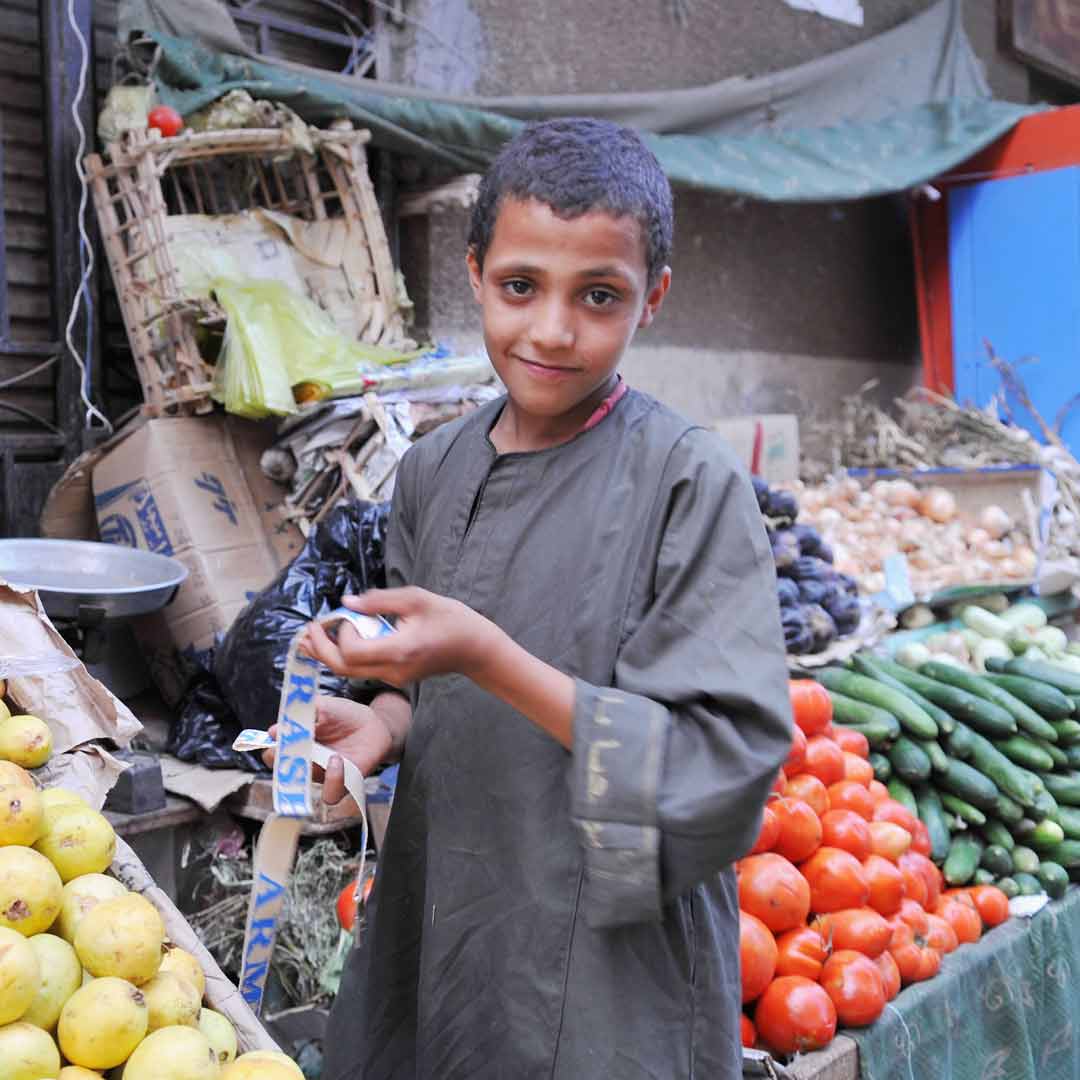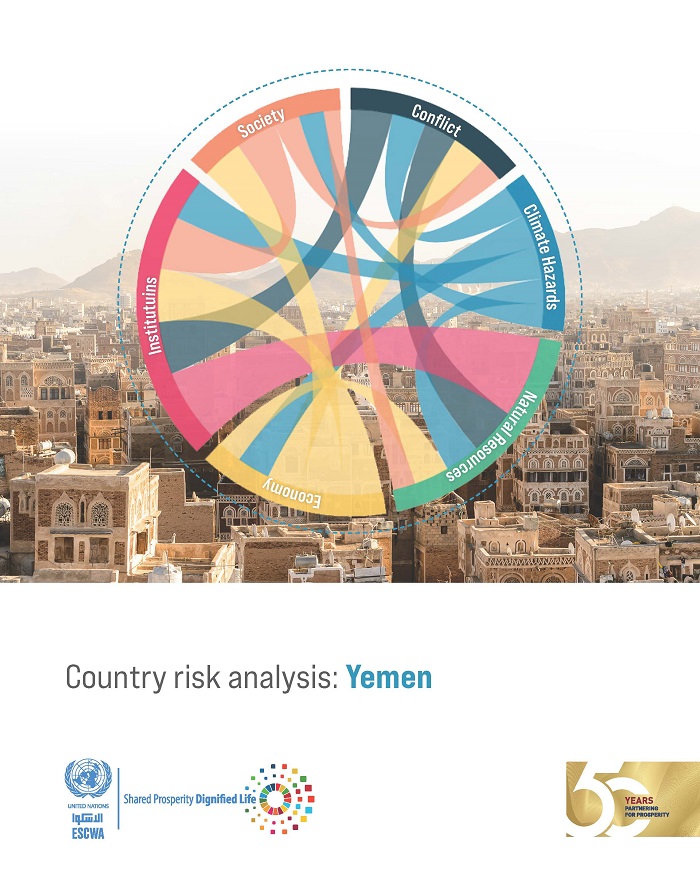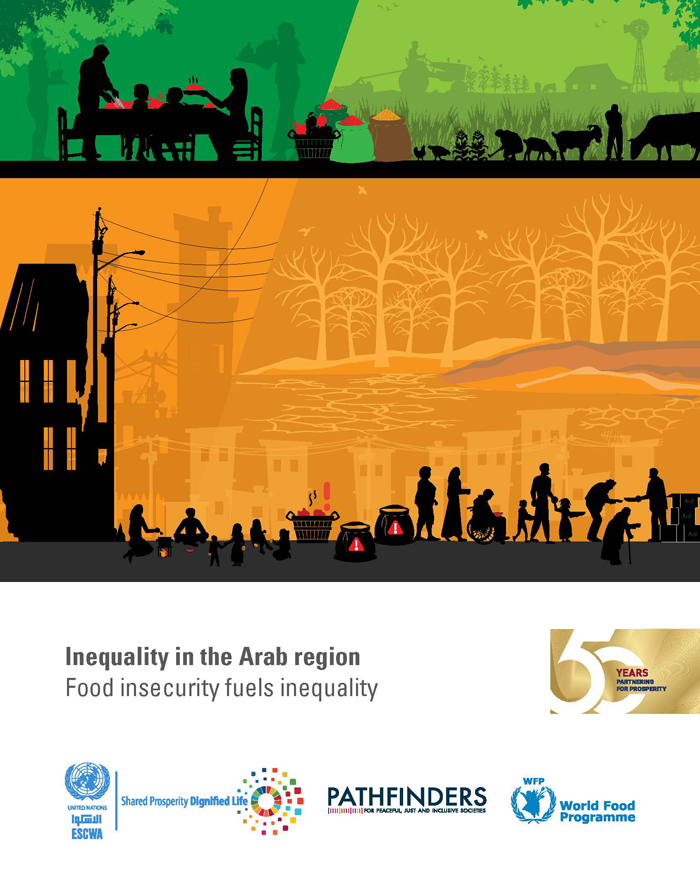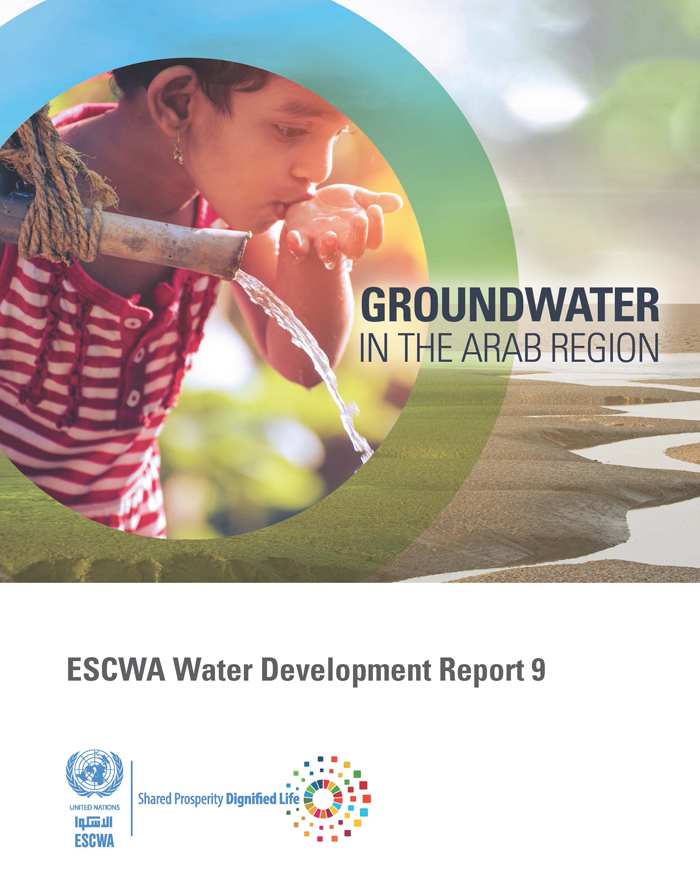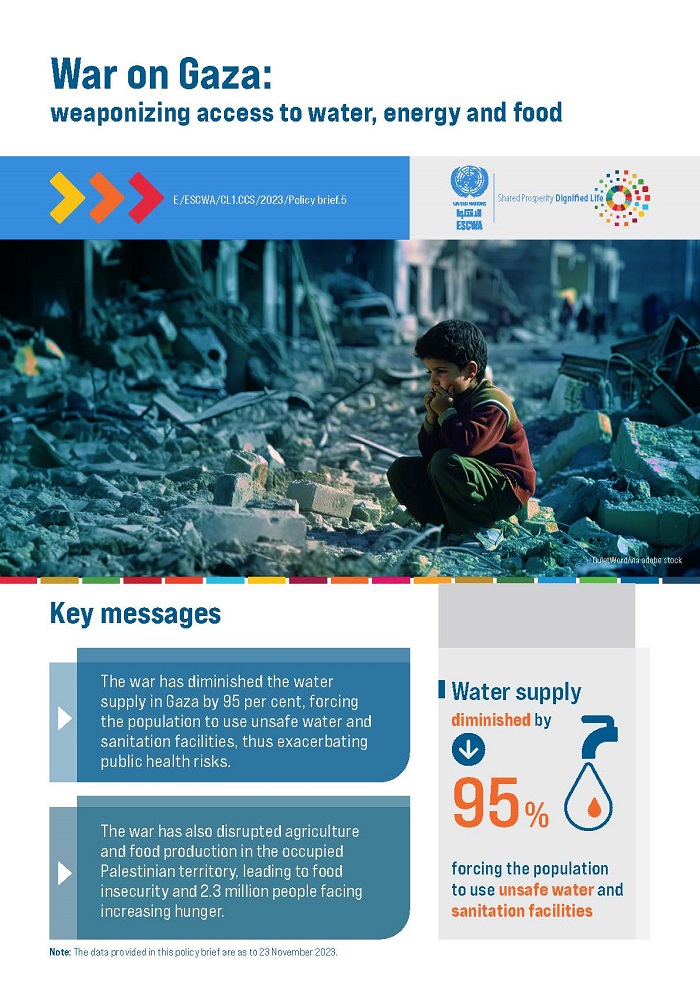
Background
With a population exceeding 360 million, which is expected to double by 2050, the Arab region needs to ensure the long-term availability of quality food and water. It should therefore enhance food and water security by strengthening the national and regional knowledge base, building country capacity, and increasing regional cooperation.
ESCWA established a platform for building opportunities and collaboration among stakeholders to share experiences and enhance regional integration. ESCWA and its partners have implemented capacity-building activities at the regional and national levels, and prepared technical manuals to sustain acquired skills and provide scientific evidence to further assist policymakers.
Our approach
Our partners
Swedish International Development Cooperation Agency (Sida); League of Arab States; FAO-RNE; AOAD; ACSAD; ICARDA; WFP; AUB; AGU; KSU; Ministries of agriculture in Arab countries.
Our activities
Ten member States benefited from capacity-building to assess the impact of climate change on water availability and agricultural production using the AquaCrop programme. Institutions in Jordan and Lebanon were enabled to formulate good agricultural practices (GAP) schemes for official endorsement.
A regional joint institutional mechanism was established at the ministerial level for coordinated policy development in the agriculture and water resources sectors, supported by a joint high-level technical committee. The initiative also developed a cross-sectoral action plan to address five key areas for coordination between the agriculture and water sectors, and an Arab regional food security monitoring framework, endorsed by the Arab Organization for Agricultural Development (AOAD). A report entitled Tracking Food Security in the Arab Region was co-published by ESCWA and AOAD, using the developed framework.
